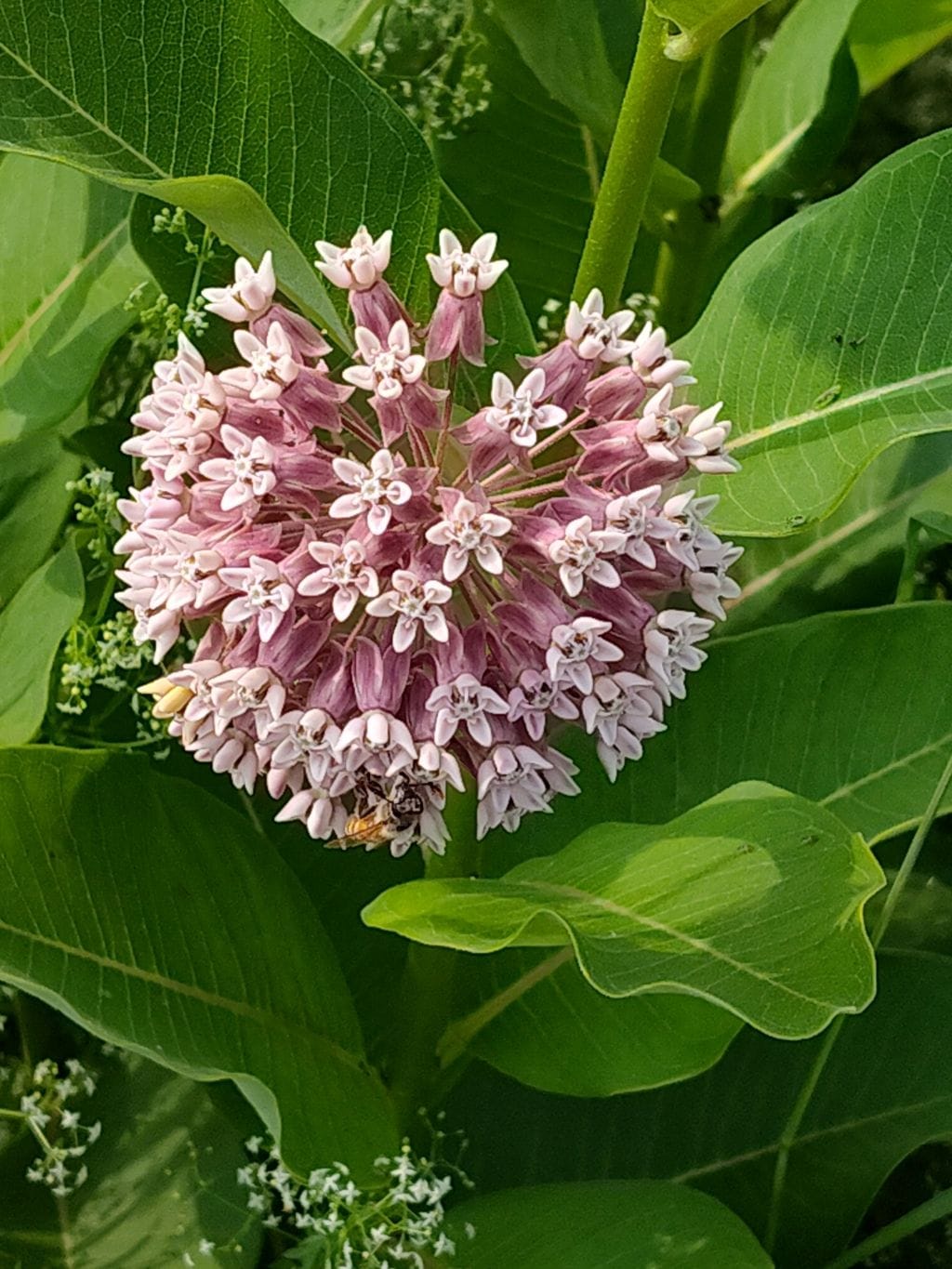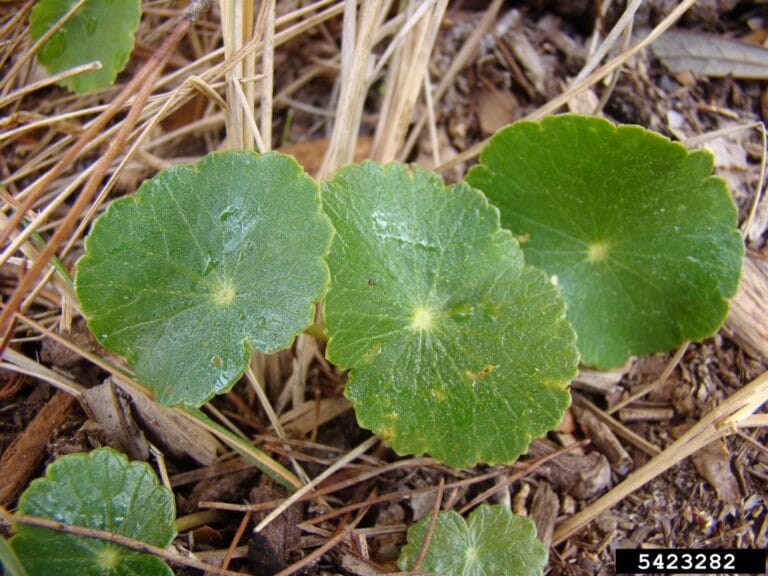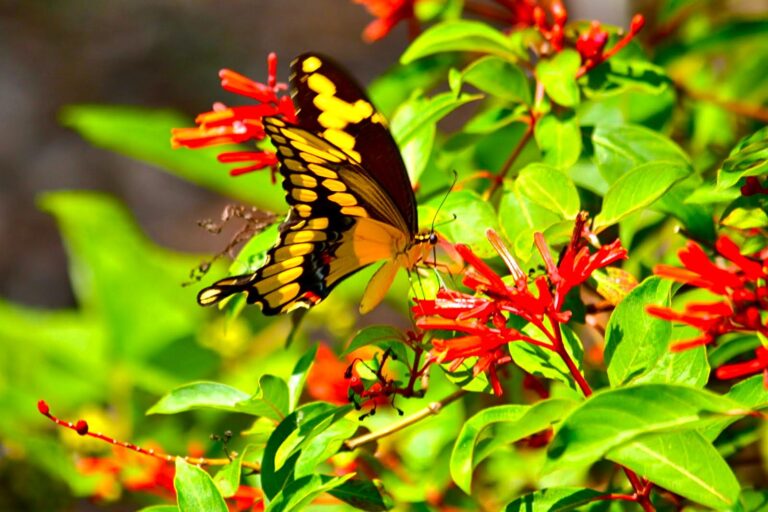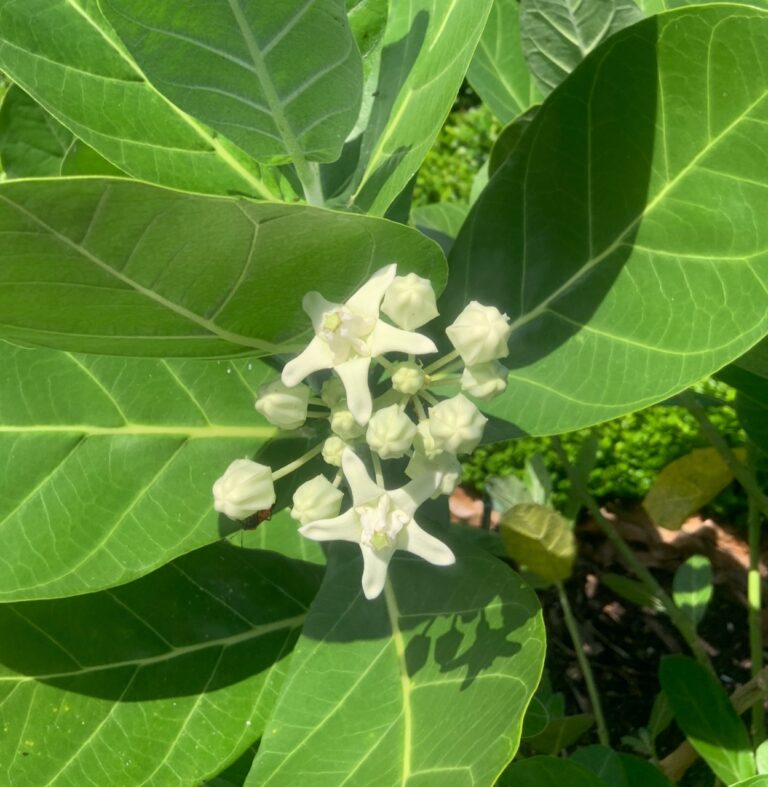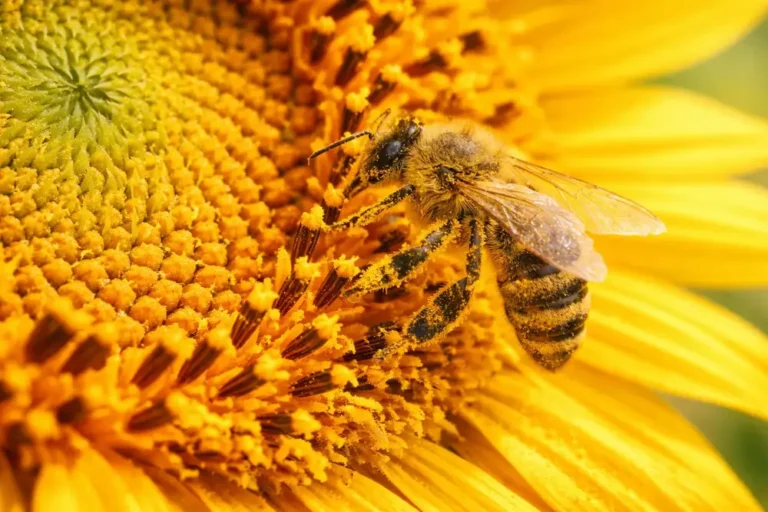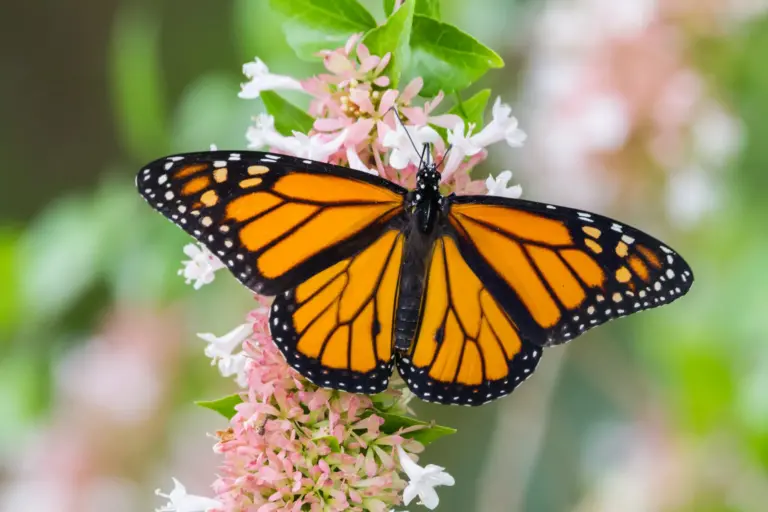Introducing “UnCommon Milkweed” – A Monarch Superhost for Zones 3–8
At Johnny Butterflyseed, we’re thrilled to announce our newest native seed offering: UnCommon Milkweed Seeds (Asclepias syriaca) — a powerful larval host plant for the endangered Monarch Butterfly:
Native to the eastern and central U.S., A. syriaca is one of the most important milkweeds for supporting Monarch caterpillars.

It produces broad leaves, fragrant summer blooms, and dense colonies that provide both nourishment and shelter throughout the butterfly’s migration. It thrives in USDA Zones 3 through 8, preferring full sun and plenty of space to spread — and spread it will.
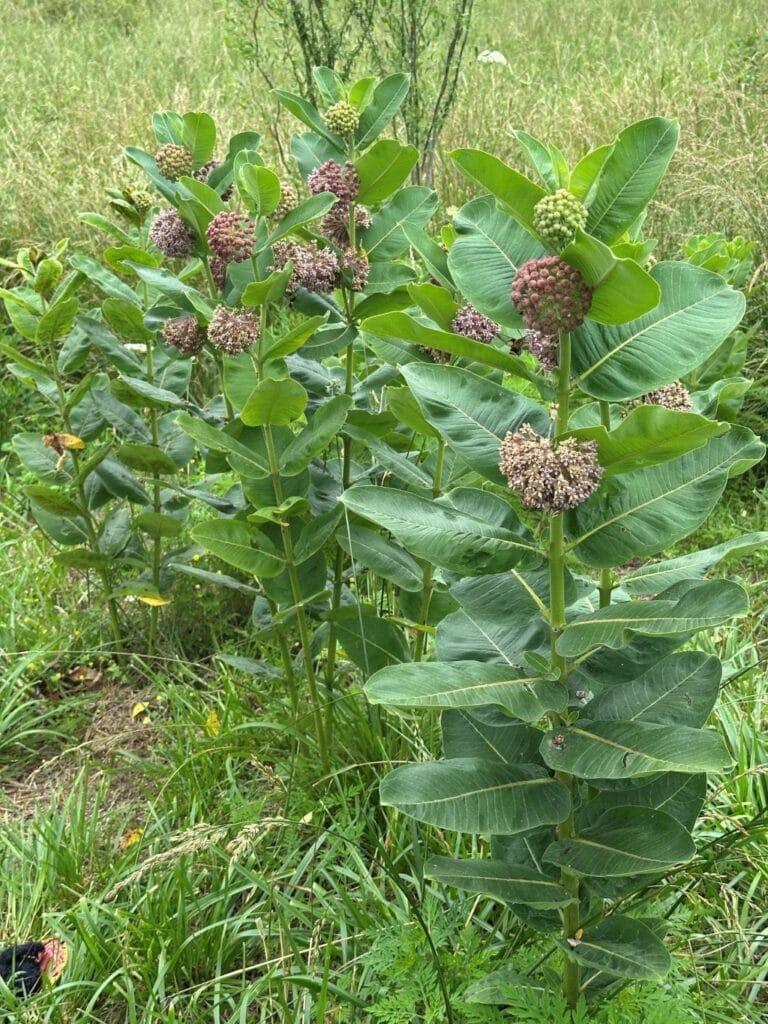
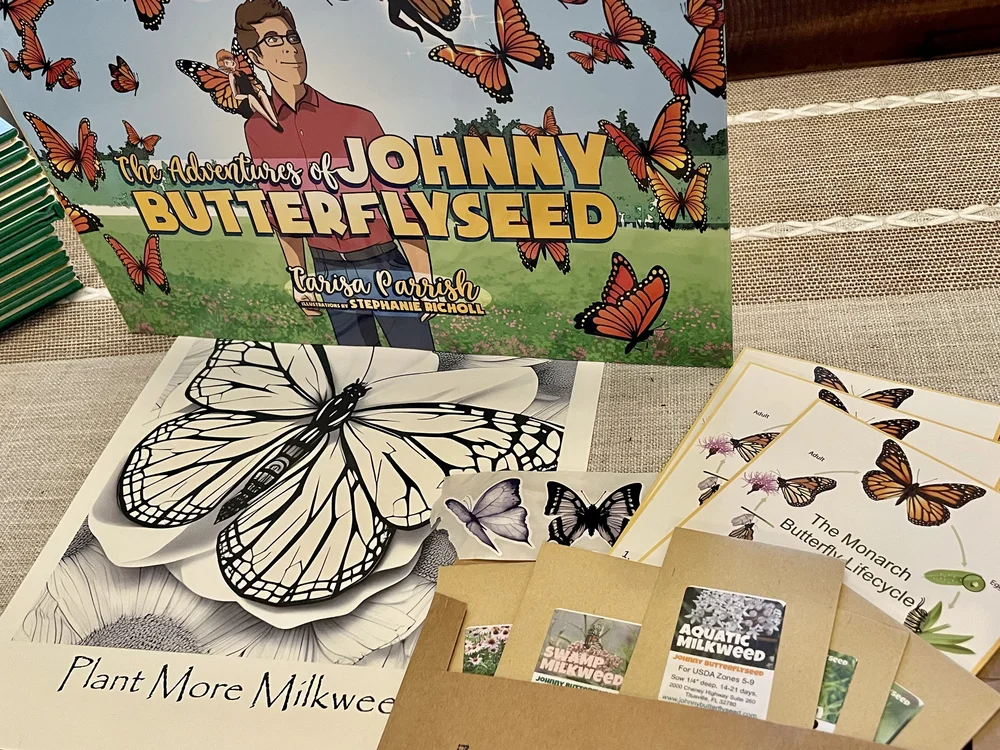
Monarch Butterfly Mission Kit
Your complete habitat starter — including 10 native seed packs, a children’s book, coloring page, lifecycle cards, and stickers. Everything needed to create a pollinator oasis and inspire young stewards. $60, shipping included.
Be a Monarch hero. Plant hope today.
For Florida butterfly gardeners, Asclepias syriaca may still have a place — especially when sown in the cooler months alongside other northern annuals like dill or lettuce. While it isn’t native to Florida’s climate and requires cold stratification to germinate, it can be treated as an adventive species — not quite established, but capable of surviving and returning under the right conditions. Johnny encourages experimental growers to test whether A. syriaca can begin to self-seed or adapt over time in Zone 9 microclimates. Of particular interest is the potential for natural hybrid vigor if it were ever to cross with Calotropis gigantea — the Giant Milkweed — which Johnny sees as a tropical analog to Common Milkweed, forming tree-like structures and thriving in hotter, drier zones. Such a pairing could one day yield a new, resilient monarch host for subtropical gardens.
Until then, northern growers can start planting with confidence — and purpose.
